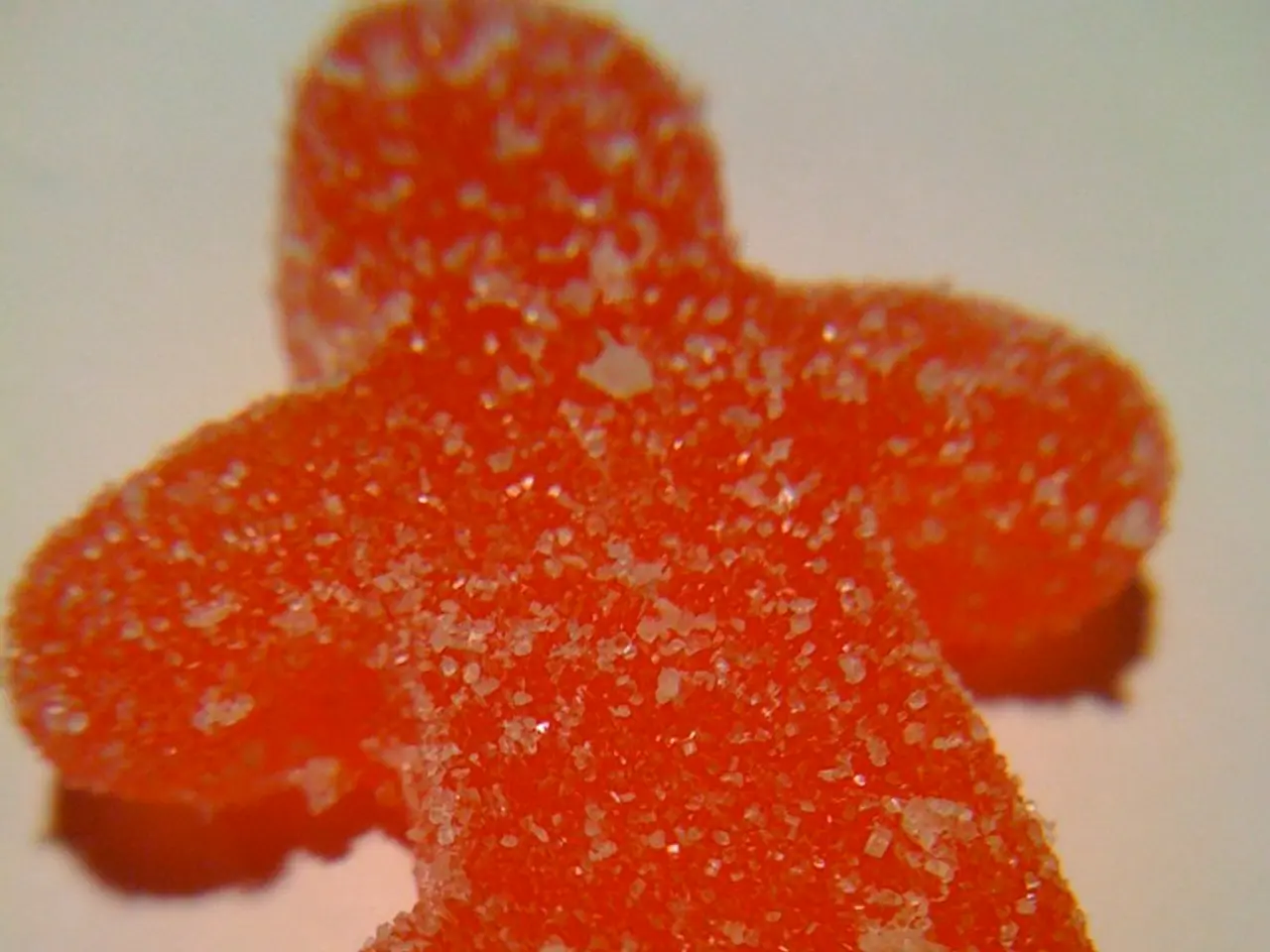Sugar content in 100% fruit juice warrants a warning label.
South Africa's proposed food labelling regulations have come under scrutiny as they do not require 100% fruit juices to carry a high sugar warning label, despite the drinks containing as much or more sugar as some sodas or energy drinks.
The draft regulations focus on warning labels for products with 'added sugar' or artificial sweeteners, not those with free or naturally occurring sugars. This means that even though 100% fruit juices can contain significant amounts of sugar, they are exempt from the high sugar warning because their sugar content is derived from the fruit itself, not through additives.
The World Health Organization (WHO) considers 'free sugars' to include both added sugars and those naturally found in fruit juices. However, the South African regulation uses a narrower definition that excludes naturally occurring sugars in fruit juices from requiring a warning label.
Edzani Mphaphuli, executive director of Grow Great, a nonprofit which works to shape childhood nutrition policies in South Africa, expressed concern, stating, "Coke has too much sugar, but fruit juices also have too much natural sugar." Mphaphuli's organisation is part of a chorus of voices raising concerns about the potential health implications of the loophole.
Researchers have found that consuming too much fruit juice, due to its sugar content, is not considered healthier than consuming soda, flavoured water, or energy drinks by nutritional experts. In fact, drinking just one sugar-sweetened beverage a day increases a child's chances of being overweight by more than half. With more than one in 10 children under five in South Africa already overweight, the issue is of particular concern.
Tamryn Frank, a researcher at the University of the Western Cape, was part of the technical team that evaluated the regulations. Frank agrees that the regulation's current terminology and criteria need reconsideration to better address public health concerns related to sugar intake from juices.
The current draft of the regulations is still under review by the health department, and advocates are urging for the inclusion of the term 'free sugars' in the regulations to ensure a more comprehensive approach to addressing South Africa's rising obesity.
| Reason for No Warning | Explanation | |----------------------|-------------| | Sugars are “naturally occurring” | The regulation exempts naturally occurring sugars from warning labels, focusing only on added sugars. | | Definition of “added sugar” | Only products with added sugars or artificial sweeteners must carry warnings, not those with free sugars in juice. | | Regulatory focus | The draft targets sugar-sweetened beverages with added sugars to combat obesity but excludes 100% fruit juices under current criteria. |
This approach has been criticized by researchers and advocates, suggesting that the regulation’s terminology and criteria need reconsideration to better address public health concerns related to sugar intake from juices.
- The South African food labelling regulations, while focusing on warning labels for products with added sugars or artificial sweeteners, exclude 100% fruit juices due to their sugar content being derived naturally from fruit, leading to concern among health advocates.
- Nutritional experts argue that consuming too much fruit juice, due to its sugar content, is not healthier than consuming soda, flavored water, or energy drinks, and drinking just one sugar-sweetened beverage a day can significantly increase a child's risk of being overweight.
- Researchers like Tamryn Frank, a University of the Western Cape researcher, agree that the current terminology and criteria in the South African regulation need reconsideration to better address public health concerns related to sugar intake from juices, and have suggested the inclusion of the term 'free sugars' in the regulations for a more comprehensive approach.




